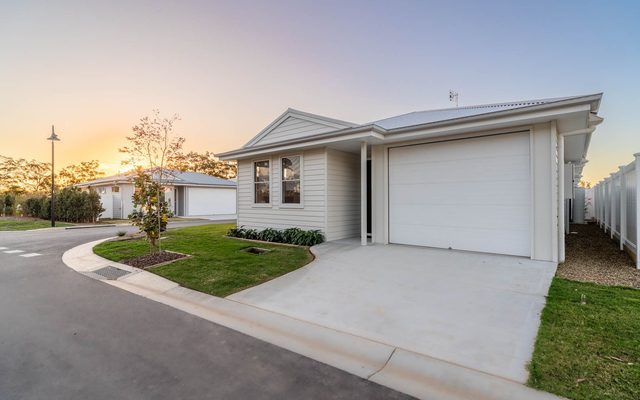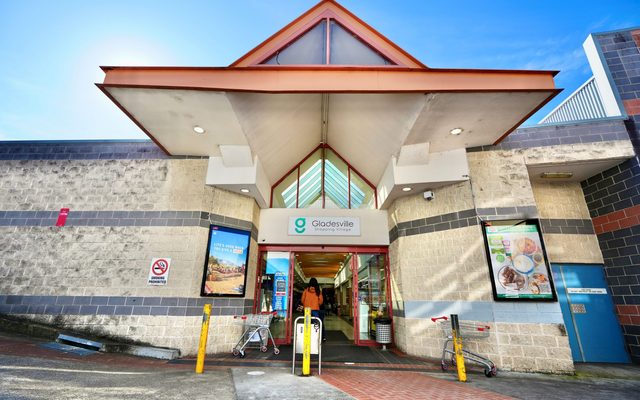This article is from the Australian Property Journal archive
ASPEN Group is a divesting a majority of its stake in lifestyle communities rival Eureka Group following an unsuccessful takeover.
Aspen has sold 55.1 million (50%) of its shares in Eureka Group at $0.61 each. The 34.6 million shares were sold unconditionally on-market, and 20.5 million shares are being sold to Filetron Pty Ltd, a major Eureka shareholder.
Upon completion, Aspen’s stake will reduce from approximately 36% to 13%.
The sale is expected to generate $33.6 million for Aspen, with Aspen gaining approximately $8.75 million (4.4 cents per Aspen security) excluding distributions received on the shares to date.
Aspen said the proceeds will initially be applied to reduce net debt to approximately $145 million and gearing to 23%. Aspen’s gearing is expected to reduce further in the near term with the sale of up to $18 million of townhouses at Burleigh Heads at a net rental yield of less than 3%.
“Aspen is expected to have over $100 million of balance sheet capacity to acquire and develop properties that are more competitive in their marketplace, more affordable for our target customer base, and generate superior returns for Aspen’s securityholders.
“We believe there are increasingly attractive opportunities to profitably develop new property in strong markets and acquire existing property below replacement cost in weak markets. This includes ramping up our lifestyle development projects where we are enjoying strong growth across all metrics: sales volume, development profit margin, ROIC2, annuity land rent, and land value uplift,” Aspen said in a statement.
The sale comes after Eureka rejected Aspen’s proposed takeover.
Meanwhile Eureka this week successfully completed a $70.4 million equity raising, amidst growing controversy that the group has been referred to the Australian Competition & Consumer Commission (ACCC) over rental fee increases at its retirement communities.
ACCC is probing Eureka over claims of excessive rent increases, reflecting rental increases of nearly 30%.
Residents reportedly saw two rental increase demand of 15% over a single year. This despite Tasmania allowing rent increases only once per annum.
This comes after 48 cases of rental increase demands were rejected by a residency tribunal, with numerous complaints by residents to Tasmania’s Department of Justice tenancy commissioner.
Simon Owen, the new CEO at Eureka who took the helm around six weeks back, said a review was undertaken of the internal processes around rental increases across the 52-village portfolio.
“It is critical that the company has a rigorous process in reviewing the agreements and that we fully factor in the cost-of-living pressures that are affecting all Australian households to ensure that any rental increases are fair and reasonable,” said Owen. “I take this issue very seriously and it is not acceptable that we issued an increase in rent for one resident by as much as 14%. In general, our rent increases are aligned with increases that our residents receive in the Commonwealth Pension and Rent Assistance which makes it very transparent.”
“Clearly, we did not get it right with some of the proposed rental increases in Tasmania and we need to put in the place the appropriate checks and balances to ensure that we achieve the right outcomes,” added Owen.
Eureka is hoping to avoid the loss in trust experienced by rival Lifestyle Communities earlier this year over alleged misconduct.
The ABC 7:30 investigation rocked Lifestyle Communities and the company has vowed to restore the community’s trust, after its profit declined in FY24. Cofounder and managing director James Kelly announced earlier this month that he will retire from his post.




